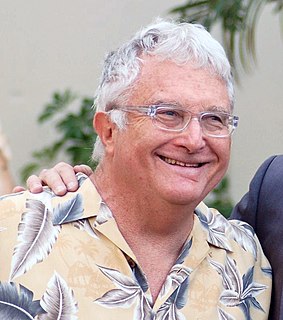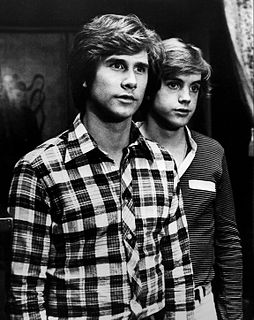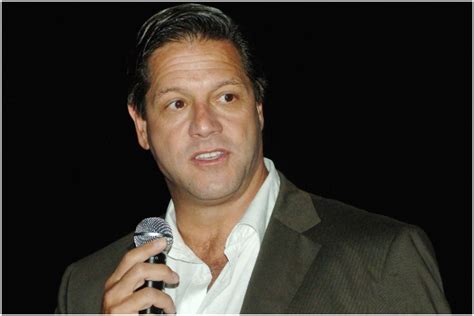A Quote by Stephen Colbert
Writing and producing the show is an intellectual process. Performing the show is far more athletic and intuitive, because you don't get to do it twice. It helps if you've done whatever the old saw is, 10,000 hours of it. Because I've done 10,000 hours of comedy, I have this database in my mind of what works and what doesn't work.
Related Quotes
You know, they say you can reduce genius to someone who spent 10,000 hours trying to get good at something. I'm not claiming either one of those. I haven't done anything for 10,000 hours but sleep. But you do stuff enough, you get better at it. Usually it's a simple thing like that. Essentially, a brainless endeavor.
The 10,000-hours rule says that if you look at any kind of cognitively complex field, from playing chess to being a neurosurgeon, we see this incredibly consistent pattern that you cannot be good at that unless you practice for 10,000 hours, which is roughly ten years, if you think about four hours a day.
In order to be a world-class expert in anything, be it audiology, drama, music, art, gymnastics, whatever, one needs to have a minimum of 10,000 hours of practice. Unfortunately, it doesn't mean that if you put in 10,000 hours that you will become an expert, but there aren't any cases where someone has achieved world-class mastery without it! So the time spent at the activity is indeed the most important and influential factor.
At the end of the two years that I was the director [of the Center for Reproductive and Sexual Health in Manhattan], we had done 60,000 abortions. [During my life] I myself, with my own hands, have done 5,000 abortions. I have supervised another 10,000 that residents have done under my direction. So I have 75,000 abortions in my life. Those are pretty good credentials to speak on the subject of abortion.
People talk about overnight successes, and ultimately, there's a certain amount of, you want to call it luck or fortune or good fortune, or whatever, but when your moment arrives, you have to have been at a point where you paid your dues, or done your 10,000 hours or have the requisite talent or whatever.
I'm not disciplined in terms of scheduling. I work best late at night, but I can't do that when I'm on a TV show - our hours are roughly 10-6:30, so I have to go to sleep at a reasonable hour. So I'll sometimes write fiction for an hour or two in the evenings, or several hours on the weekend afternoons - unless I'm actively writing a script for the show I'm working on, in which case there's no time to write fiction at all.


































